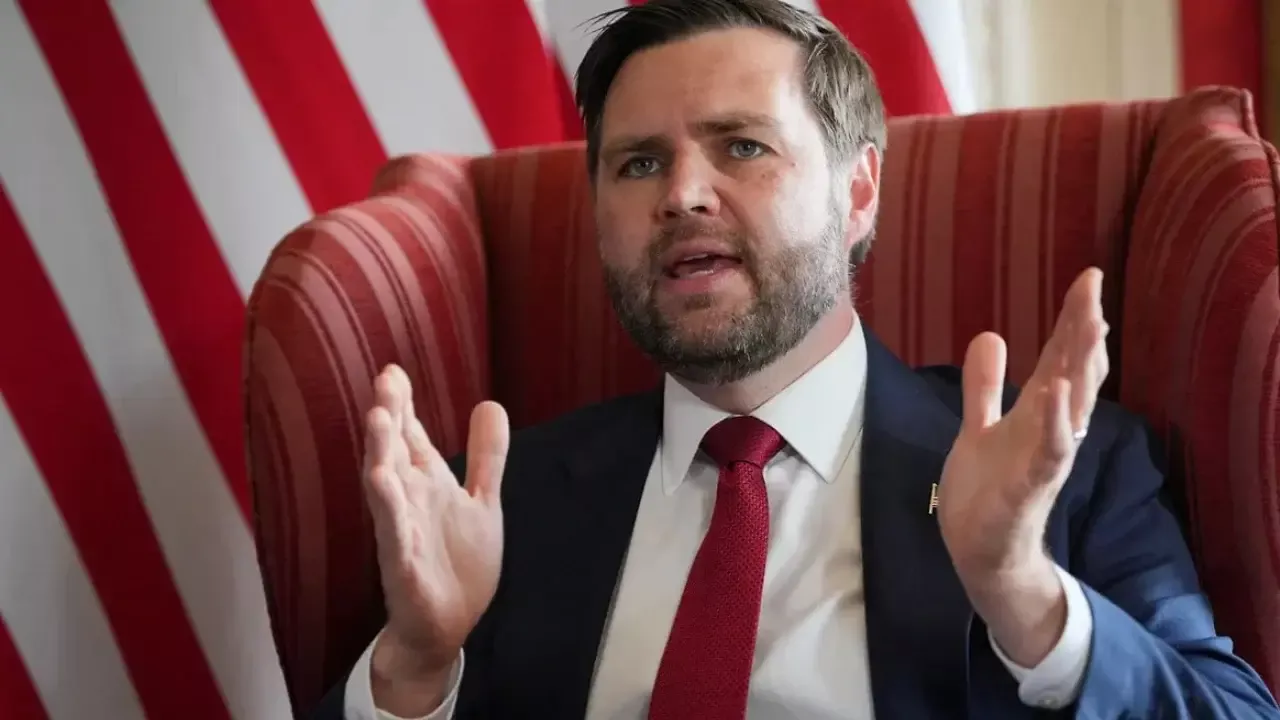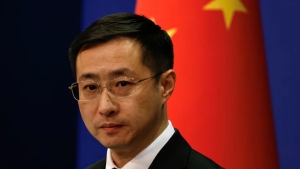
The US officials have once again clearly stated their position in the international political arena. This was reported by Zamin.uz.
Vice President James Vance openly stated during a meeting in London with British Foreign Secretary David Lammy that there is no plan to recognize Palestine as an independent state. According to him, Washington is currently not showing any initiative in this regard and is focusing primarily on eliminating the radical HAMAS group.
In his statement, Vance said: “I personally do not understand the practical aspect of recognizing the state of Palestine, as there is no real and fully authorized government there.” In his opinion, President Donald Trump has clearly defined American objectives regarding the situation in Israel and the Gaza Strip. The main task is to prevent HAMAS from attacking innocent Israeli civilians.
To achieve this goal, it is necessary to completely eliminate the radical movement. Vance also paid special attention to the humanitarian crisis in Gaza.
President Trump emphasized that he is deeply affected by the severe situation in the region. For this reason, Washington is ready to take decisive measures to resolve this issue.
In July, Trump assessed the negotiations between HAMAS and Israel as unsatisfactory. According to him, the only way to resolve the crisis quickly and effectively is for HAMAS to fully surrender.
Additionally, the Israeli government approved plans to expand ground military operations in the Gaza Strip. This decision was made as a result of abandoning negotiations for the release of Israelis held hostage by HAMAS.
At the same time, three countries of the "Big Seven" group — France, the United Kingdom, and Canada — expressed their intention to recognize Palestine as an independent state. This process may be formalized at the UN General Assembly expected to take place in September.
Currently, 147 countries in the world recognize Palestine as a state. In 2024, the USA vetoed Palestine's full membership in the UN.
Since this year, ten countries, including Ireland, Norway, Spain, and Armenia, have supported this decision. This complex situation in international politics is becoming a significant test not only for the Middle East region but also for global diplomacy.







